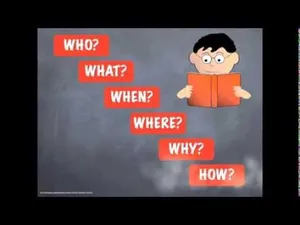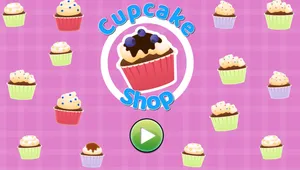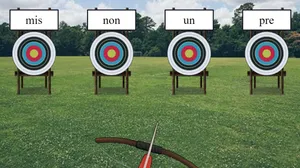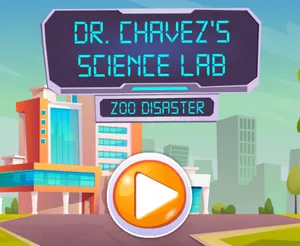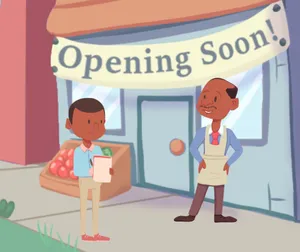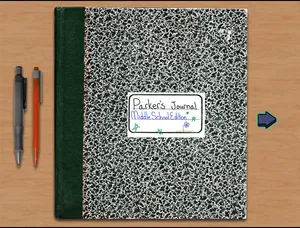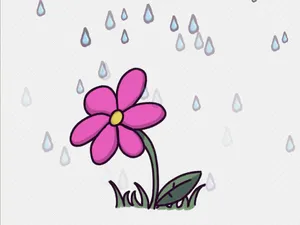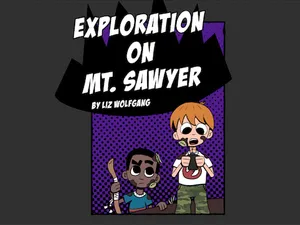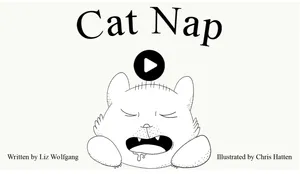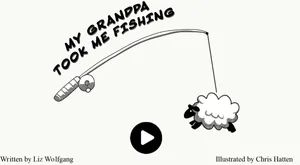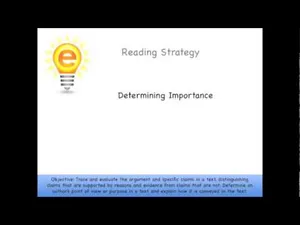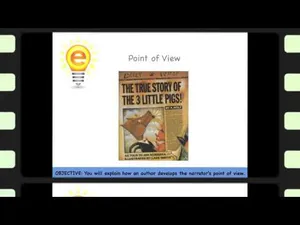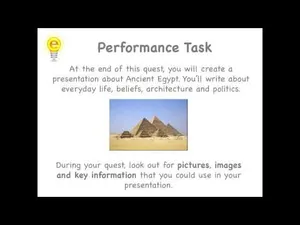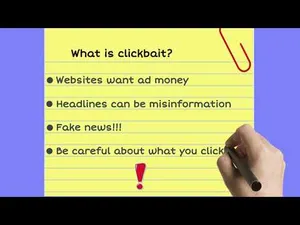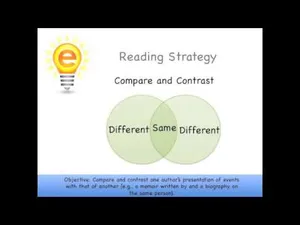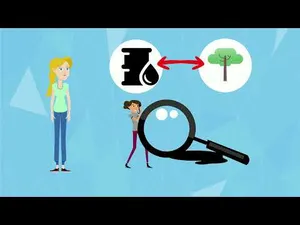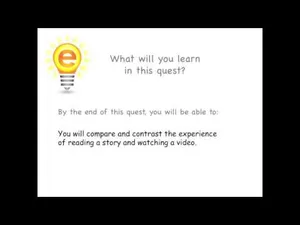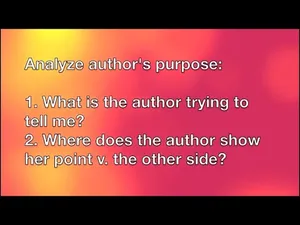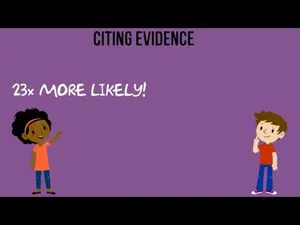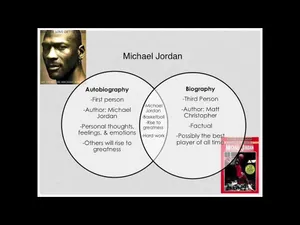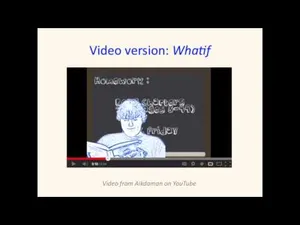Dr. Chavez's Science Lab
Textual Evidence
Parkside News Report
Central Idea of a Text
Parker's Journal
Textual Evidence and Inferences
When It Rains On Summer Days
Textual Evidence and Inferences
Exploration on Mt. Sawyer
Plot Development
Cat Nap
Introduction to Text Structure
My Grandpa Took Me Fishing
Point of View
Fact or Opinion - Evaluating Claims
Author's Argument
Narrator's Point of View 6th Grade
Point of View
Reading Informational Text: Integrating Information
Integrate Information
Main Idea of an Article
Central Idea of a Text
Citing Textual Evidence 8th Grade
Textual evidence and inferencing
Using Evidence To Make Conclusions
Textual Evidence
Compare & Contrast Authors' Presentation of Facts
Compare and Contrast
Intro to Connections in Informational Text
Development of an Idea or Event
Comparing the Book & the Movie
Compare a Text with a Performance
How Does an Author Distinguish Their Point of View
Author's Point of View and Goal
Citing Evidence
Textual evidence and inferencing
Comparing & Contrasting Points of View
Compare and Contrast
Comparing & Contrasting Reading Experience
Compare a Text with a Performance
Reading Activities and Teaching Resources for 6th Grade
6th graders will be diving into all sorts of amazing books, from classic novels to contemporary works of fiction. They'll be honing their reading skills, including fluency, comprehension, and critical analysis. Along the way, students will get to explore different genres like mysteries, biographies, and fantasy. They will also be building up vocabulary, learning new words and phrases that will help them express themselves better. Let’s journey to new worlds and meet new characters together!
For a more comprehensive look at eSpark's standards-aligned sixth grade reading teaching resources, check out the breakdown of covered domains and the skills students will be working on here:
Some of the skills students will master in eSpark include:
Reading Literature
- Cite textual evidence to support analysis of what the text says explicitly as well as inferences drawn from the text.
- Determine a theme or central idea of a text and how it is conveyed through particular details; provide a summary of the text distinct from personal opinions or judgments.
- Describe how a particular story’s or drama’s plot unfolds in a series of episodes as well as how the characters respond or change as the plot moves toward a resolution.
- Analyze how a particular sentence, chapter, scene, or stanza fits into the overall structure of a text and contributes to the development of the theme, setting, or plot.
- Explain how an author develops the point of view of the narrator or speaker in a text.
- Compare and contrast the experience of reading a story, drama, or poem to listening to or viewing an audio, video, or live version of the text, including contrasting what they “see” and “hear” when reading the text to what they perceive when they listen or watch.
- Compare and contrast texts in different forms or genres (e.g., stories and poems; historical novels and fantasy stories) in terms of their approaches to similar themes and topics.
Reading Informational
- Cite textual evidence to support analysis of what the text says explicitly as well as inferences drawn from the text.
- Determine a central idea of a text and how it is conveyed through particular details; provide a summary of the text distinct from personal opinions or judgments.
- Analyze in detail how a key individual, event, or idea is introduced, illustrated, and elaborated in a text (e.g., through examples or anecdotes).
- Analyze how a particular sentence, paragraph, chapter, or section fits into the overall structure of a text and contributes to the development of the ideas.
- Determine an author’s point of view or purpose in a text and explain how it is conveyed in the text.
- Integrate information presented in different media or formats (e.g., visually, quantitatively) as well as in words to develop a coherent understanding of a topic or issue.
- Trace and evaluate the argument and specific claims in a text, distinguishing claims that are supported by reasons and evidence from claims that are not.
- Compare and contrast one author’s presentation of events with that of another (e.g., a memoir written by and a biography on the same person).
eSpark is truly unique in the world of online learning. Our holistic, student-centered approach blends the proven benefits of play-based learning with systematic, explicit, and direct instruction. It’s proof that learning can be fun, personalized, and effective, all at once!
eSpark meets the criteria for evidence-based interventions under ESSA guidelines, and has been proven in multiple studies to improve student performance in math and reading.
When you sign up for an eSpark account, your students experience these activities via adaptive, differentiated independent pathways and teacher-driven small group assignments. Teachers also have access to detailed usage and progress reports with valuable insights into standards mastery, student growth trends, and intervention opportunities.
With the addition of the game-changing Choice Texts for the 2023-2024 school year, eSpark has cemented its status as the most loved supplemental instruction option for students and teachers alike. Claim your free account today and see the difference for yourself!
